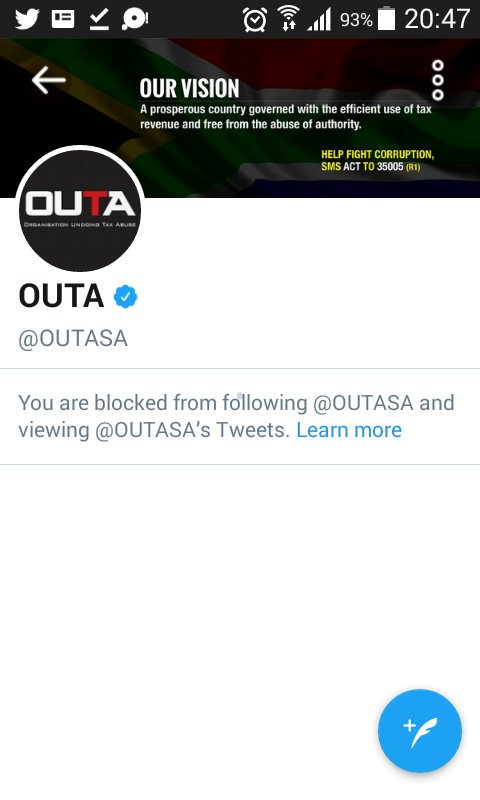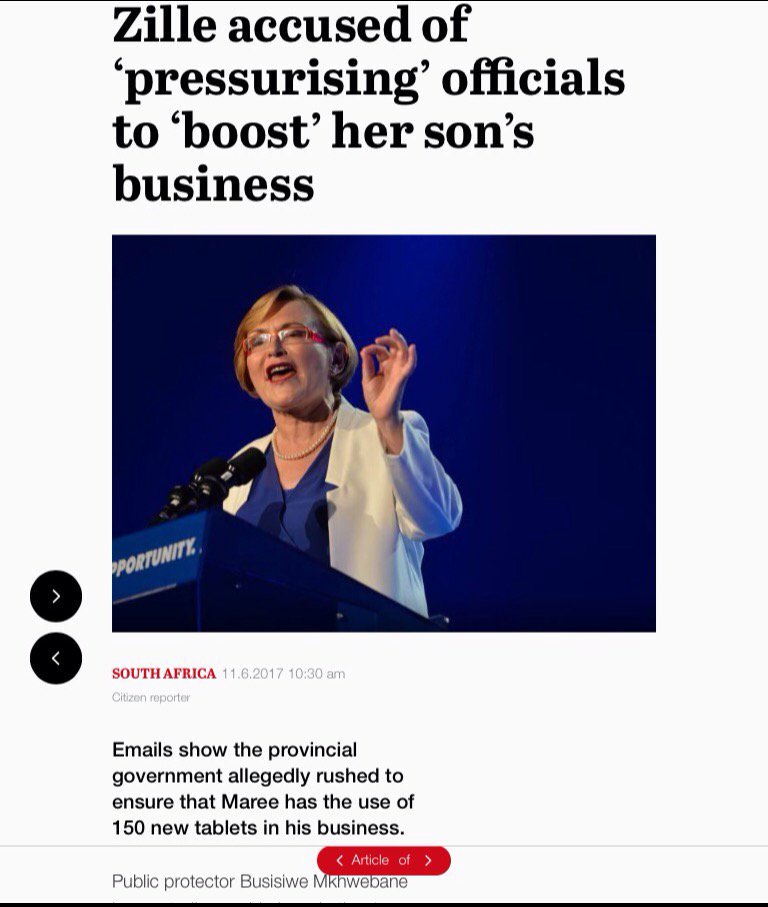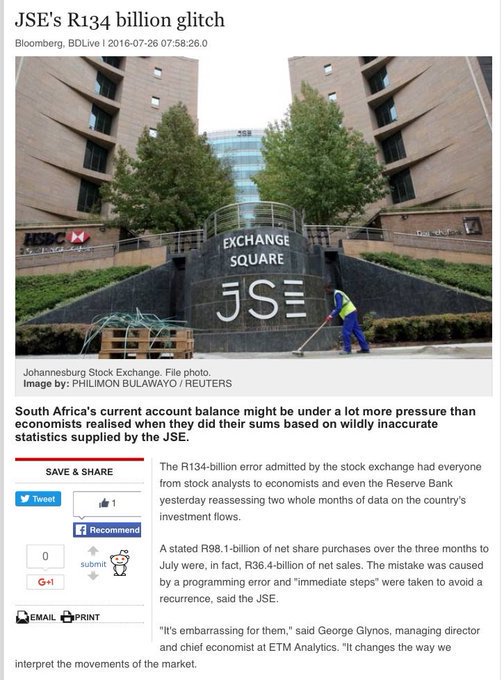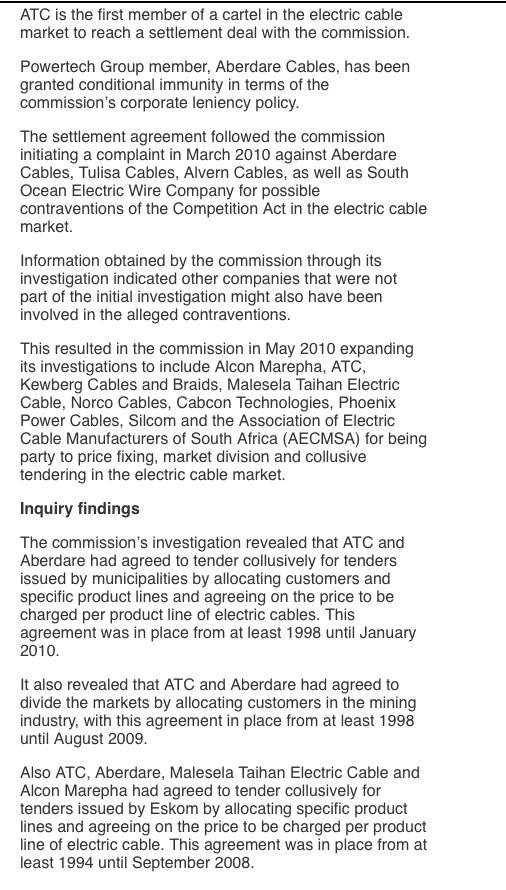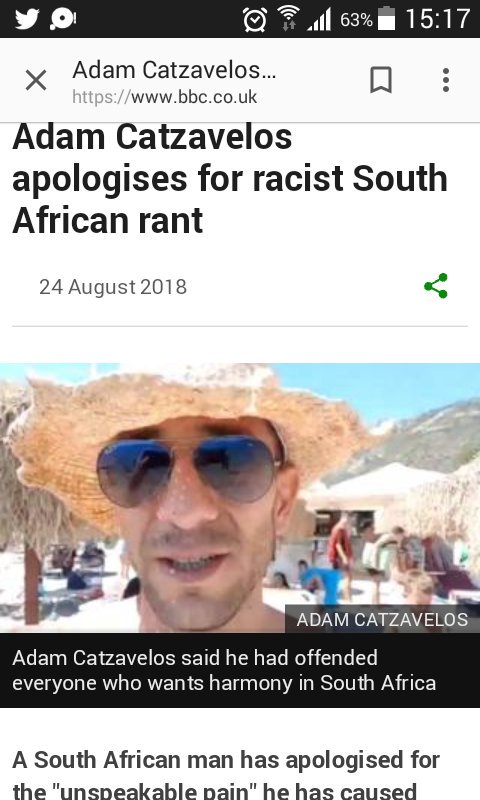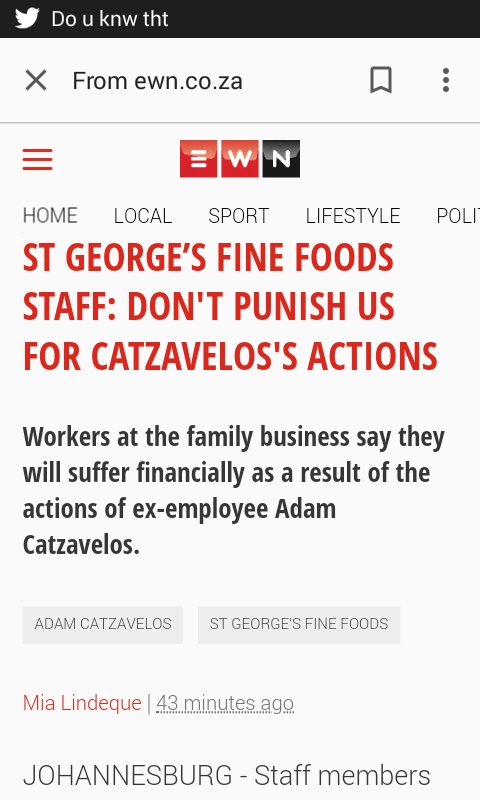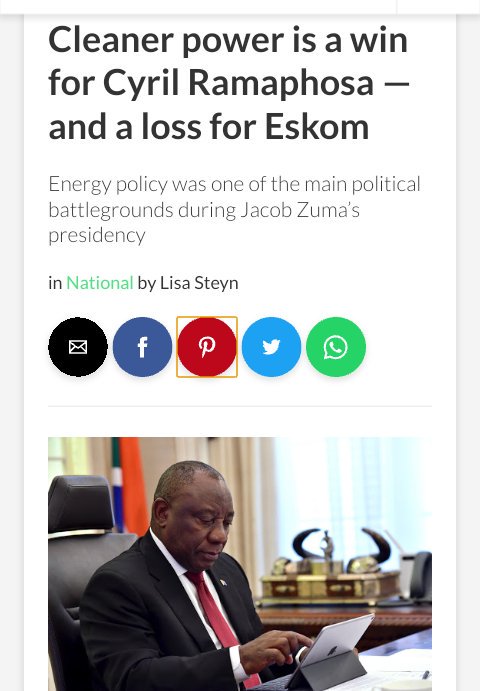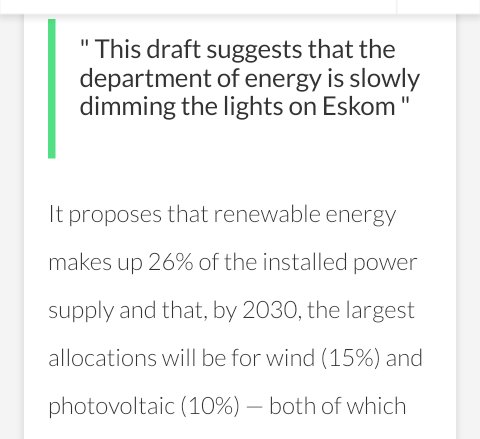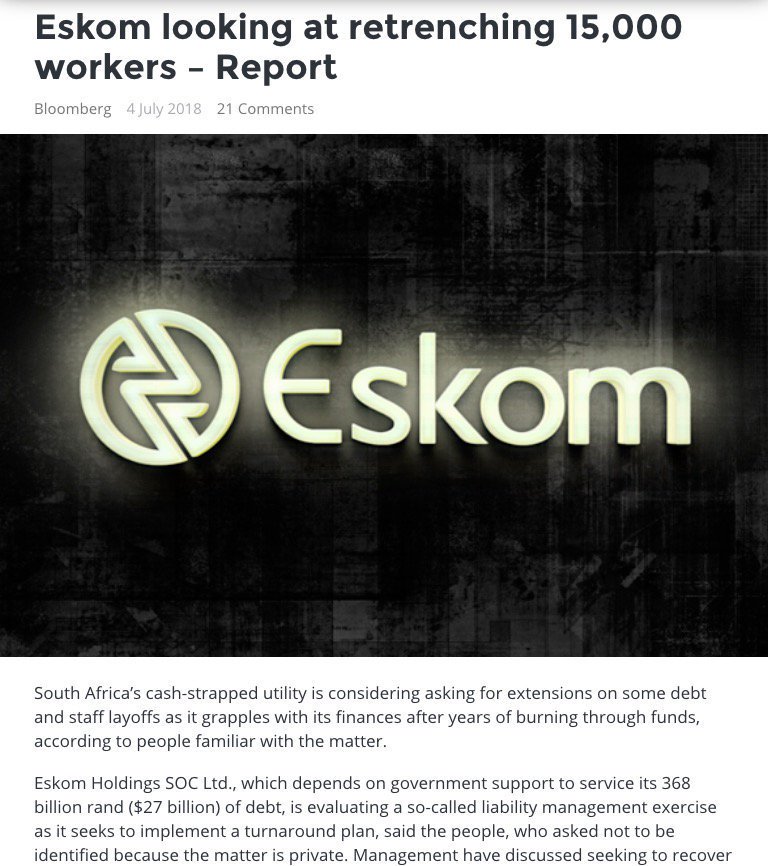IS BOTSWNA CORRUPTION AS OLD AS THE BDP?
Professor Kenneth Good archieves....
"A document prepared/leaked by unknown NDB sources revealed that many of Botswana's leaders were heavily indebted to the Bank, some in default for over six months.
Assistant Minister of Finance, Edison Masisi, had himself acquired a loan of P42,000, as of September 1993, and the Minister of Mineral
Resources and Water Affairs, Archie Mogwe, had borrowed P26,000, of which P15,000 was more than six months in arrears.
The Minister of Labour and Home Affairs, Patrick Balopi, was indebted via his companyPhuramarapo Investment P/L to the extent of P1,IOO00, with arrears of P400,000.
in the top 15 of the Bank's debtors near the end of 1993, with a loan outstanding of P12 million that had never been serviced.
NDB was 'increasingly dependent on Government for its survival', several of its leading members seem to have been responsible for its decline and downfall.
debts.
thereby undoubtedly sending 'the wrong signals' to other borrowers, actual and potential.
loans for which they did not quality.
manager, John Rohan, admitted in an interview that some loans might have been approved through political influence."
#BafanaBa
HOW BDP SG AND CHAIRMAN WERE DROPPED FOR STEALING LAND AROUND GABORONE
Professor Kenneth Good continues...
"The Presidential Commission of Inquiry into illegal land transactions in peri-urban villages near Gaborone concluded its work in December
1991.
particularly into Mogoditshane, because of the critical shortage of accommodation in Gaborone; and this was 'a serious indictment of Government itself since it failed to provide shelter to its people.'
down.
'It was a grave mistake' to suspend allocations for so long a time, Kgabo concluded, without any alternative being provided by the Government.
Kwelagobe.
'On appeal to the Minister [of Local Government] by Mr Kwelagobe the Land Board was directed to
effect the transfer'.
consolidation 'were done during the freeze' on allocations by the Land Board
BHC GENERAL MANAGER DIES MYSTERIOUSLY WITH CORRUPTION SECRETS IN HIS SAFE
VENSON MOITOI RESPONSIBLE FOR MASSIVE CORRUPTION
Professor Kenneth Good spills old beans...

1992,
Group of South Africa, made a successful tender-bid to construct a new headquarters for the BHC, at a planned allocation of P53 million.
little or no market existed there for such accommodation, and the BHC had paid out P8-5 million for professional services in their design.
decisions had been taken.
questionable if the contract in any case should have gone to the Premier Group, whose operations in Africa, especially so in
Zaire, were surrounded by notoriety.
control.
public controversy - fuelled by able investigative reporting in the independent newspapers - and not as a result of internal, governmental mechanisms
ineffective.
Kgabo made clear the long-running nature of the problems he investigated, and much the same applied to the operations considered
by Christie.
to keep matters quiet.'
NB: People who believe @SirGMotswaledi was killed are not mad. Ask Sandy Grant.
#OnceCorruptAlwaysCorrupt
BDP MINISTER GETS FOUR MONTHS IMPRISONMENT FOR CORRUPTLY OBTAINING P500,000.00
TAXI DRIVER GETS 2 YEARS FOR STEALING A TAXI
Professor Kenneth Good again...
Both Goldman and the Assistant Minister, he concluded, were engaged in nothing other than a perfectly normal business transaction.
the Spectra in conducting the BHC Management
HOW BDP BIG GUNS DECLARED THEMSELVES AS POVERTY STRIKEN TO ROB A POOR MAN'S FUND
Professor Kenneth Good series...
press conference in January 1994, had been grossly misunderstood: 'It should have been called small loans fund not the SBF since there is nothing small about those who utilise it'.
The governing elite's manifest ethos was individual self-enrichment.
when the MP for Kgalagadi, Lesedi Mothibamele, called on parliamentarians and top officials to settle their NDB debts, he was reportedly heckled, and some members demanded to know 'who has
shown you our accounts?'
129 STAFF JOB CUTS AS MP'S AND MINISTERS FUME OVER BEING EXPOSED
1 BILLION PULA LOST TO CORRUPTION ANNUALLY: LOT MOROKA
UB STUDENTS MARCH AGAINST CORRUPTION 1994
Honourable Bae was only 5 years old by then.
Professor Kenneth Good series ends. 😎
the Bank what was outstanding on his debt shortly before saying that 'I had a problem like all farmers of sometimes being in arrears. '
some weeks.
maintained.
various debts, and had the Ministers themselves been beneficiaries? how had many remained in arrears on repayments for so long, and on whose authority?
responsibility; at least 129 of those working for the NDB, some 50 per cent of the Bank's staff, were declared to be redundant in Jan 1994.
leadership, but although the Minister of Finance was again being criticised by some government MPs for not writing off more NDB loans,
period.

